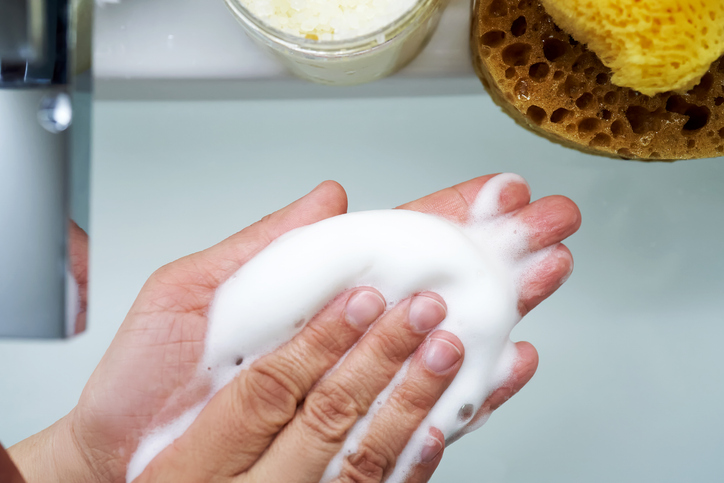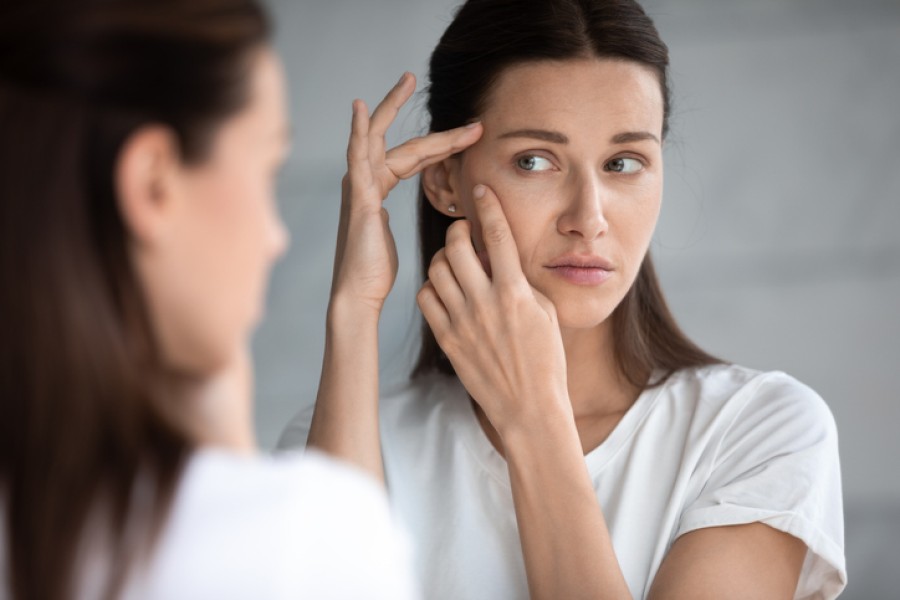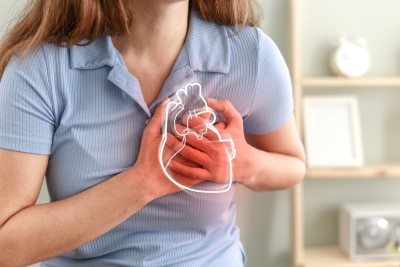Acne is a skin condition that explicitly affects the sebaceous glands and the pores, which are the channels through which sebum is secreted to the surface of the skin. These glands are primarily found on the face, back, and chest. Since acne is also associated with increased oil production, those who suffer from acne often complain about oily skin.
Acne is one of the most common skin conditions affecting people of all ages, from adolescence to adulthood. Although it is commonly linked to adolescence, in recent years, many adults have also been experiencing acne problems.
Causes of Acne
While acne is a common skin condition, its exact causes are not fully understood. However, several known factors contribute to its development.
The main reasons for the appearance of acne include:
-
Excessive Sebum Production
Sebum is a natural oily substance produced by the skin's glands. When the body produces excessive amounts of sebum, the skin pores become clogged, creating the ideal environment for bacteria to grow and pimples to form.
-
Hormonal Changes
An increase in androgens (male hormones) in the body can enhance sebum production and cause or worsen acne.
-
Genetics
If your parents were prone to acne, you are more likely to have a genetic predisposition to develop it as well.
-
Infections and Bacteria
Excessive oiliness can clog pores and allow bacteria, such as Propionibacterium acnes, to grow, exacerbating inflammation and pimples' appearance.
-
Poor Diet and Stress
Consuming foods high in fats and sugars, along with constant stress, can cause inflammation in the body and worsen acne. Additionally, smoking and alcohol consumption may negatively affect skin health.
Symptoms:
The symptoms of acne manifest as the following lesions:
- Comedones (pimples, blackheads)
- Papules (hard bumps or plaques formed from many pimples)
- Pustules (bumps containing white or yellow pus)
- Nodules (painful, solid lumps under the skin)
- Cysts (the most severe type of acne lesion, with large, pus-filled bumps that pose a serious risk of scarring and may develop into abscesses deep under the skin).
Acne Prevention:
Prevention is always better than treatment, and several strategies can help avoid the appearance of acne:
1. Daily Skincare Regular facial
cleaning with a mild cleanser helps remove excess oil and impurities from the skin. It is important not to over-cleanse the face, as excessive dryness can increase sebum production.
2. Avoid Bad Habits Avoiding constant picking at pimples and using inappropriate cosmetics or skin care products that clog pores can reduce the likelihood of developing acne. Choose non-comedogenic products (those that do not block pores).
3. Healthy Diet and Hydration A diet rich in fruits, vegetables, and water can benefit skin health. Fatty and processed foods, which can worsen acne, should be limited.
4. Use SunscreenThe sun can affect the condition of your skin, causing inflammation and irritation. Sunscreen with a high SPF is essential, especially for people with acne.
5. Visit a Dermatologist If acne persists despite conventional treatments, a dermatologist can offer more specialized solutions and suggest therapeutic regimes to help combat acne more effectively.

Conclusion
Acne is a complex condition that requires proper care and patience for improvement. With the right prevention and treatment, managing the condition and achieving clear and healthy skin is possible.








